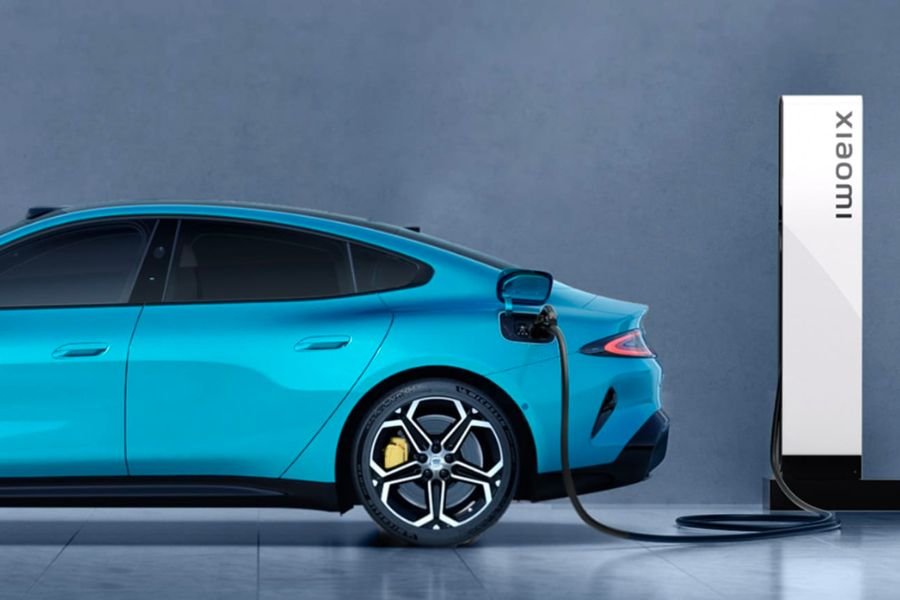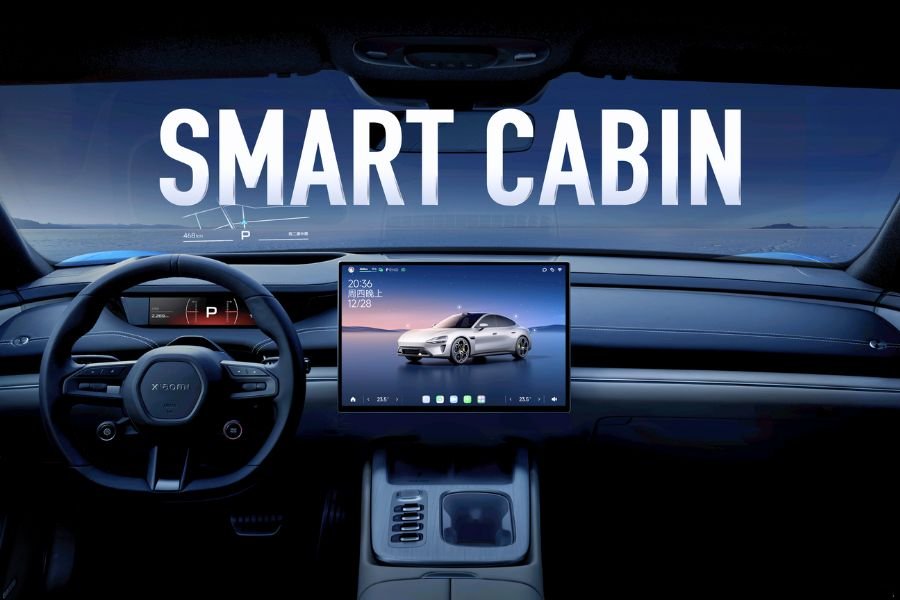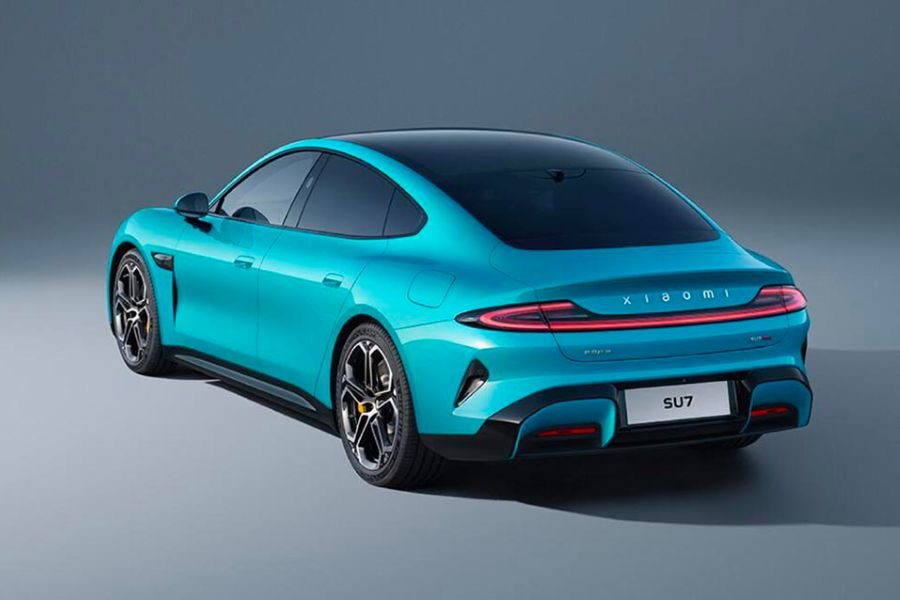Chinese smartphone giant Xiaomi has finally ventured into the evolving EV space with its first production car, the SU7 electric sedan. It will be launched in China first in 2024, followed by other countries. It is said to rival the Porsche Taycan and Audi e-tron GT.
What Powers The Xiaomi SU7?
Xiaomi will offer the SU7 in two trims: SU7 and SU7 Max. While the former will get a 73.6kWh battery pack with 299PS/400Nm rear axle-mounted HyperEngine V6 super motor, the latter will come equipped with a 101kWh CATL-supplied lithium-ion battery and 673PS dual-motor setup, which claims 0-100 kmph sprint in just 2.78 seconds. Their claimed range stands at 668 kilometres and 800 kilometres, respectively. It has a top speed of 256 kmph.
What’s even more impressive is that the SU7 features rapid charging capabilities, allowing it to achieve up to 220 km of range with a 5-minute charge and an impressive 510 km on a 15-minute charge.
Also Read: Upcoming Tata Cars In 2024 – Punch EV, Curvv and Harrier EV

T
Xiaomi SU7 Design and Features
The design of the SU7 was crafted in-house, led by Xiaomi’s head of design, Sawyer Li, who is known for his work on designing cars such as the BMW iX. It boasts a low-slung design with exterior highlights, including aerodynamically designed teardrop-shaped LED headlamps, up to 20-inch alloys, a pop-up rear spoiler, and connected LED taillights, all contributing to a drag co-efficient of merely 0.195, making it one the most aerodynamically designed production cars.
Dimensionally, the Xiaomi SU7 measures 4997mm long, 1963mm wide, and 1440mm tall, making it 34mm longer and 44mm taller than the Porche Taycan.
Also Read: Tata Motors Launches Dedicated Electric Car Showrooms In Gurugram

Xiaomi EV Smart Cabin adopts a “human-centric” interaction architecture and features a 16.1-inch 3K central console, a 56-inch HUD head-up display, a 7.1-inch rotating dashboard, and two seat-back extension mounts that allow for the mounting of two tablet devices. It also gets one LiDAR, eleven high-definition cameras, three millimetre-wave radars, and twelve ultrasonic radars for Xiaomi’s intelligent Autonomous Driving system.
The Xiaomi SU7 also benefits from a self-developed Smart Chassis control algorithm, ensuring millisecond-level adaptive dynamic chassis control for a stable and smooth driving experience.

Xiaomi has begun the pilot production of the SU7 at its manufacturing facility in Beijing. The brand is seeking to evolve as one of the world’s top 5 carmakers within the next 15 to 20 years.








